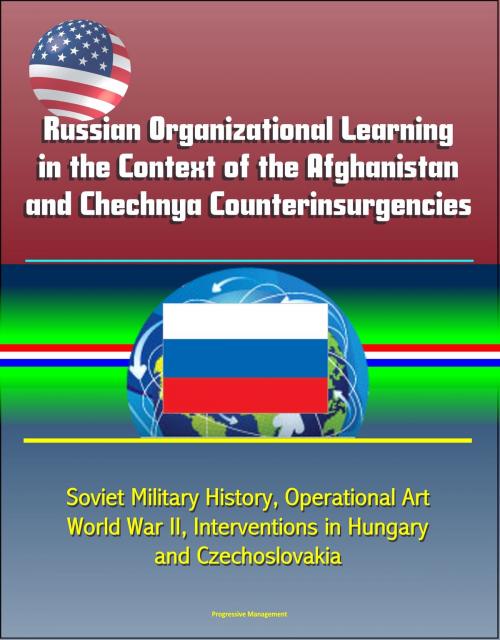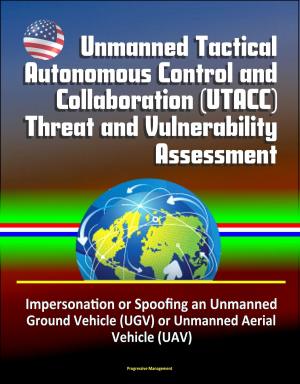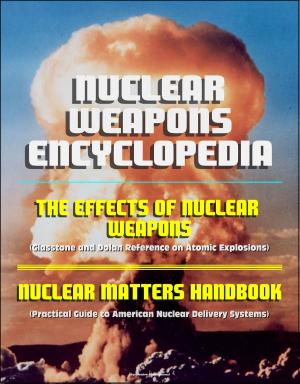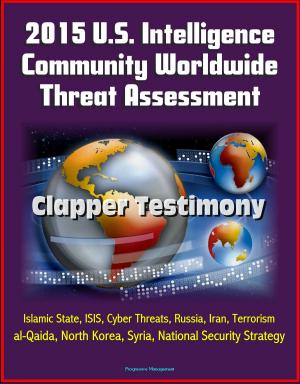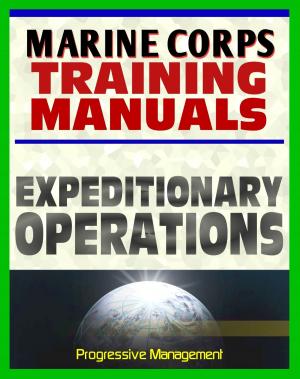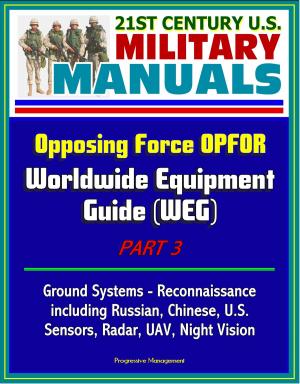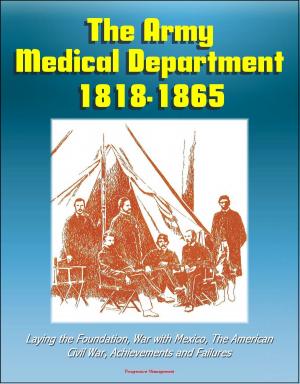Russian Organizational Learning in the Context of the Afghanistan and Chechnya Counterinsurgencies: Soviet Military History, Operational Art, World War II, Interventions in Hungary and Czechoslovakia
Nonfiction, History, Asian, Russia, Military| Author: | Progressive Management | ISBN: | 9781370700776 |
| Publisher: | Progressive Management | Publication: | March 22, 2017 |
| Imprint: | Smashwords Edition | Language: | English |
| Author: | Progressive Management |
| ISBN: | 9781370700776 |
| Publisher: | Progressive Management |
| Publication: | March 22, 2017 |
| Imprint: | Smashwords Edition |
| Language: | English |
This excellent report has been professionally converted for accurate flowing-text e-book format reproduction. Russia, like the United States, has experienced its struggles with counterinsurgency warfare. In Afghanistan, the Russian General Staff chose to approach the operation with a violently offensive mindset. This mindset prevented them from achieving their desired outcomes because they initially alienated the populace they needed to succeed. Then, when they realized their approach was not achieving the desired outcomes, they made only minor adjustments to their approach because they did not view this as a significant challenge to their military model. Then, when presented a similar situation in Chechnya, instead of approaching the operation using the lessons learned from Afghanistan, the General Staff chose to use the same violent tactics employed during the invasion of Afghanistan. This monograph seeks to understand this phenomenon.
This monograph is applicable to the United States in that it demonstrates that a nation must not become wedded to a specific approach in order to succeed in future war. During the post-Vietnam era, the United States chose to put aside the lessons learned from counterinsurgency warfare and focus on a comfortable and conventional form of warfare. It seems America is doing the same thing again with respect to the wars in Afghanistan and Iraq, by focusing on evading such wars altogether.
Introduction * Research Question * Hypothesis * Methodology * Theoretical Approach * Development of Soviet and Russian Operational Art and Way of War * Development of Operational Art After the Russo-Japanese War * The Russian Way of War * Marxist-Leninism * World War Two, Stalin, and the Offense * North Atlantic Treaty Organization Expansion * Impact of Nuclear Weapons * Interventions in Hungary and Czechoslovakia * Russian General Staff * Case Study: Afghanistan, 1979 - 1989 * Lead Up to War * Lead Up and Conduct of War * Lessons of War * Case Study: First and Second Chechen Wars (1994-1996, 1999-2010) * First Chechen War (1994-96) * Lessons of the First Chechen War * Second Chechen War (1999 - 2010) * Lessons of the Second Chechen War * Conclusion
This excellent report has been professionally converted for accurate flowing-text e-book format reproduction. Russia, like the United States, has experienced its struggles with counterinsurgency warfare. In Afghanistan, the Russian General Staff chose to approach the operation with a violently offensive mindset. This mindset prevented them from achieving their desired outcomes because they initially alienated the populace they needed to succeed. Then, when they realized their approach was not achieving the desired outcomes, they made only minor adjustments to their approach because they did not view this as a significant challenge to their military model. Then, when presented a similar situation in Chechnya, instead of approaching the operation using the lessons learned from Afghanistan, the General Staff chose to use the same violent tactics employed during the invasion of Afghanistan. This monograph seeks to understand this phenomenon.
This monograph is applicable to the United States in that it demonstrates that a nation must not become wedded to a specific approach in order to succeed in future war. During the post-Vietnam era, the United States chose to put aside the lessons learned from counterinsurgency warfare and focus on a comfortable and conventional form of warfare. It seems America is doing the same thing again with respect to the wars in Afghanistan and Iraq, by focusing on evading such wars altogether.
Introduction * Research Question * Hypothesis * Methodology * Theoretical Approach * Development of Soviet and Russian Operational Art and Way of War * Development of Operational Art After the Russo-Japanese War * The Russian Way of War * Marxist-Leninism * World War Two, Stalin, and the Offense * North Atlantic Treaty Organization Expansion * Impact of Nuclear Weapons * Interventions in Hungary and Czechoslovakia * Russian General Staff * Case Study: Afghanistan, 1979 - 1989 * Lead Up to War * Lead Up and Conduct of War * Lessons of War * Case Study: First and Second Chechen Wars (1994-1996, 1999-2010) * First Chechen War (1994-96) * Lessons of the First Chechen War * Second Chechen War (1999 - 2010) * Lessons of the Second Chechen War * Conclusion
